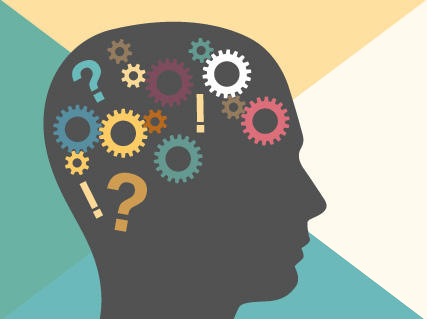THE IMPACT OF ‘CITY LIFE’ ON OUR MENTAL HEALTH
New research from the Office of National Statistics shows people in cities report feelings of loneliness more than the rest of the UK overall.
It has also previously been reported that loneliness is as harmful as smoking 15 cigarettes-a-day, while those suffering from feelings of loneliness are 50% more likely to die prematurely than those with good social relationships. Considering this, reports collated by Forest Holidays explores what effects living in a city can have on our mental health, and why loneliness continues to be an increasing concern in 2019.

The Facts
- One in six people will experience mental health problems every week
- Nearly 20,000 children contacted Childline with depressive thoughts in 2015/16
- Instagram has been named the worst social media network for mental health and wellbeing
- One in five young people admits to waking up in the middle of the night to check messages on social media
- Demand for mental health services for students has risen 50%
- Almost half of UK students admit to loneliness during their time at university
- Those aged 50 and over are more likely to report feelings of “chronic loneliness”
The City Vs the Country
Last year, a study found children in cities are four times lonelier than those living in the countryside (19.5% compared to just over 5%), with urban isolation being a potential reason for this as parents are more hesitant to let children out on their own. This loneliness can then develop into more severe mental health problems which is rather concerning. Parents can seek a professional diagnostic evaluation for their children if they are starting to notice signs that their child isn’t coping well and is struggling mentally on a regular basis.
Close Relationships Can Help Reduce Stress
Studies have shown that close relationships can help reduce stress; however, while social media has allowed quick connections around the world across the internet, those connections don’t necessarily cure loneliness. People can always try to look at lcr healths reviews to find supplements that can help with a bit of mental clarity, or try out other medications, but having close relationships is certainly helpful during these trying times.
The Loneliest Age Groups
Information stating loneliness is primarily felt by older people, which is supported by data from the ONS indicating those aged over 50 suffer from ‘chronic loneliness’, However, reports gathered by Fresh Student Living suggests students are just as prone to loneliness, with half a million admitting the suffer with it during their time at university.
This is backed up by data stating 18-24-year olds are most likely to say they have felt lonely compared to people aged 55 and over (75% vs 63%). While figures published in April 2018 showed 1 in 10 16-24-year olds were often always lonely compared to just 3% of pensioners. Those who are feeling particularly lonely may want to visit Gold Bee’s website to learn more about the benefits that CBD can have in tackling the symptoms of loneliness. CBD is especially good at fighting insomnia and anxiety, which can both occur as a result of reduced social interaction. Take, for example, antioxidant-rich cannabis edibles like gummies, candies, chocolates, syrup, and cakes, which are known to be sold by medical cannabis dispensaries like leiffa. Such products are considered to be vital to human health, as they can protect against anxiety and other serious illnesses. Moreover, a recent survey showed that more and more healthcare professionals believe that cannabis edibles (which are becoming more popular among patients) are a valuable medical treatment option.
The Impact of Technology and the Rise of ‘Alone-Together’ Time
Technology makes it easier to communicate with colleagues, friends and family, and in some cases can assist in reducing loneliness – particularly for those aged 50 and over, as reports have found. Conversely, it has contributed to the rise in ‘alone-together time’ – meaning they’re in the same house but separately.
Studies on the topic have revealed, overall, ‘alone-together’ time has risen by 43%, demonstrating families are often engaging with devices instead of each other. In 2015, mobile devices took up 38% of total family time and 47% of ‘alone-together’ time.
